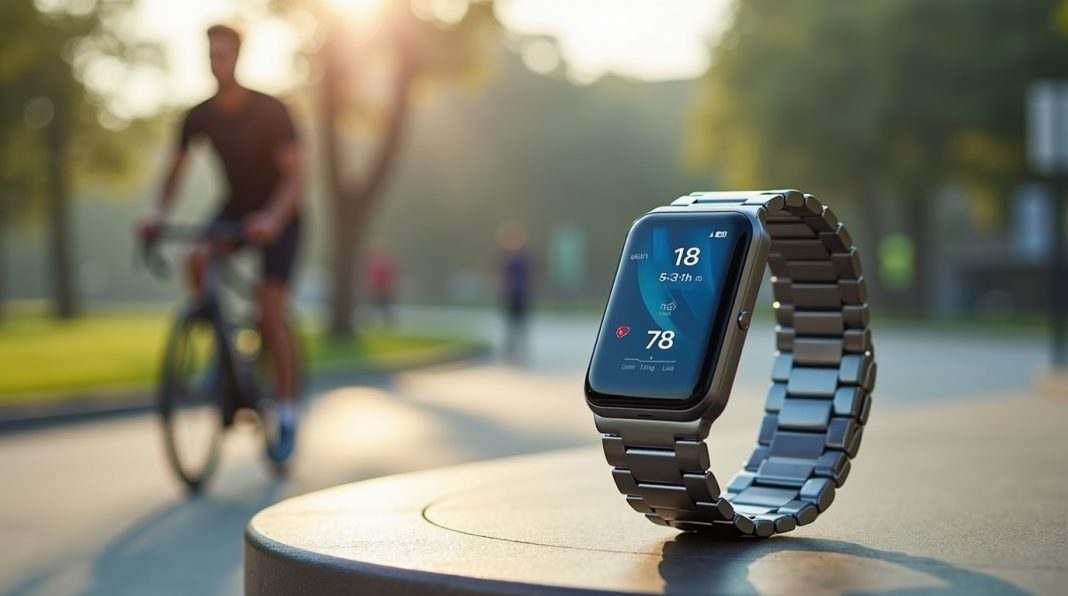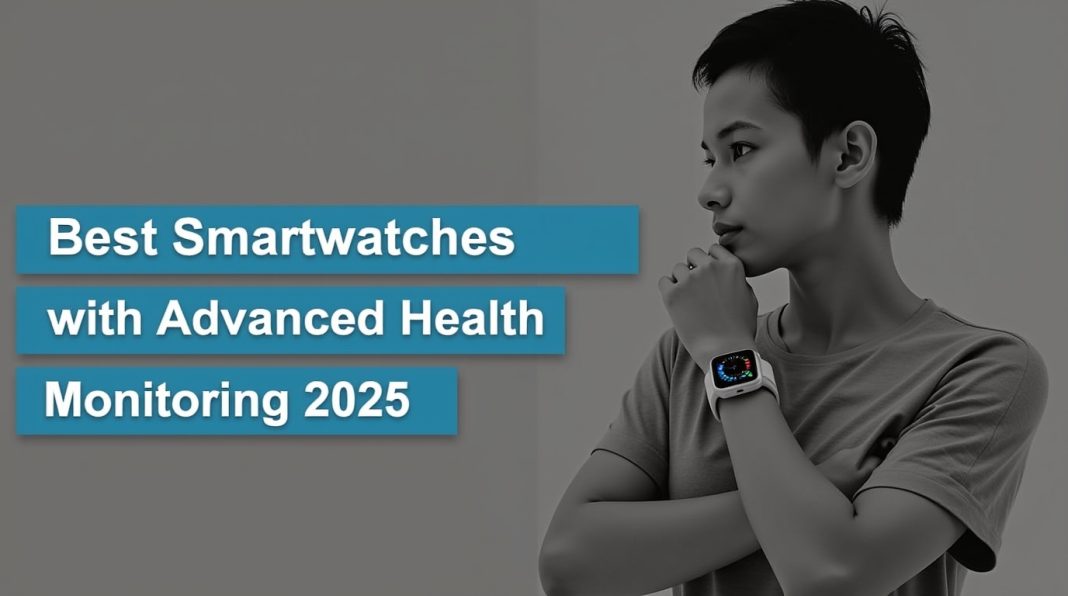Smartwatches used to be cool gadgets for tracking time and steps. Now, they’re powerful healthcare tools changing how people manage their health every day. From monitoring heart rate and stress to detecting irregularities like sleep apnea or atrial fibrillation, smartwatches are more than just tech accessories—they’re becoming personal health assistants.
Let’s explore how these innovative devices are reshaping modern healthcare in 2025 and beyond.
The Evolution of Smartwatch Health Features
Smartwatches have come a long way from basic step counters. Today’s advanced models are packed with sensors and AI-powered features that rival medical-grade devices.
Key Health Features Today’s Smartwatches Offer
- Heart rate monitoring (24/7)
- Blood oxygen (SpO2) tracking
- ECG and arrhythmia detection
- Sleep quality and cycle analysis
- Stress and body temperature monitoring
- Fall detection and emergency SOS
These powerful health insights empower users to take charge of their well-being without waiting for a doctor’s appointment.
Real-World Impact: Saving Lives in Seconds
Smartwatches aren’t just convenient—they’re saving lives.
In 2024, a 62-year-old man avoided a fatal heart attack after his smartwatch detected unusual heart rhythms and alerted him to seek help. Stories like this have become incredibly common as Apple, Samsung, Fitbit, and others continue improving the accuracy of wearable health monitoring.
Even people living in remote areas benefit from early warnings and real-time health insights, making healthcare more accessible and preventive.
Smartwatches and Chronic Disease Management
People with conditions like diabetes, high blood pressure, or sleep disorders use smartwatches to monitor changes throughout the day. These devices help:
- Track blood oxygen for sleep apnea alerts.
- Keep an eye on resting heart rate for cardiovascular health.
- Log food, mood, and medication schedules.
- Share real-time data with doctors via apps.
This shift from reactive to proactive care is a massive step forward in managing chronic illnesses.
How Smartwatches Work with AI and Data
Behind the scenes, smartwatches use AI and machine learning to analyze your data and identify trends. For example:
- They can detect abnormalities in heart rate patterns.
- Predict stress or panic attacks based on physical responses.
- Suggest sleep improvement techniques based on past behaviors.
Smartwatches don’t replace doctors—but they enhance care by offering daily feedback and data-driven recommendations.
Why Smartwatches Matter More in 2025
Here’s why smartwatches are becoming a core part of personal healthcare:
1. Remote Health Monitoring
Doctors can now track patients remotely through smart health platforms synced with watches, reducing clinic visits.
2. Affordable Health Access
While a smartwatch may seem expensive, it’s far cheaper than medical tests or emergency services.
3. Empowering Everyday Users
From older adults to fitness beginners, people can now understand their own bodies better without medical expertise.
Best Smartwatches for Health Monitoring in 2025
Here are top picks based on accuracy, battery life, and health features:
- Apple Watch Series 10 – Excellent for ECG and SpO2 tracking.
- Samsung Galaxy Watch 7 – Best for sleep and stress monitoring.
- Fitbit Sense 3 – Great for mindfulness and wellness tracking.
- Garmin Venu 3 – Perfect for athletes and fitness-focused users.
Conclusion: The Future of Healthcare is on Your Wrist
As smartwatches evolve, they’re reshaping how we think about healthcare—moving from treatment to prevention. With AI, real-time alerts, and personalized insights, smartwatches are becoming indispensable tools for managing health anywhere, anytime.
Ready to take control of your wellness journey? Start by choosing a smartwatch that aligns with your goals—and let technology support a healthier you.
Related Reading
- Best Smartwatches with Advanced Health Monitoring in 2025.
- Inside the PayPal–ChatGPT Partnership: The Future of AI-Driven Online Payments.
- How PayPal and OpenAI Are Transforming E-Commerce with ChatGPT Integration in 2025.
FAQs About Health-Focused Smartwatches
1. Are smartwatches accurate for heart health?
Most modern smartwatches offer highly accurate readings, especially for heart rate and ECG. However, they shouldn’t replace medical tests.
2. Can smartwatches really detect heart problems?
Yes! Some models are FDA-approved to detect atrial fibrillation and irregular heart patterns.
3. Do I need a smartwatch for health tracking?
Not necessarily. But if you want real-time health insights and motivation to stay active, they’re a great option.
4. Which smartwatch is best for seniors?
The Apple Watch and Fitbit Sense offer fall detection and SOS features ideal for aging users.



